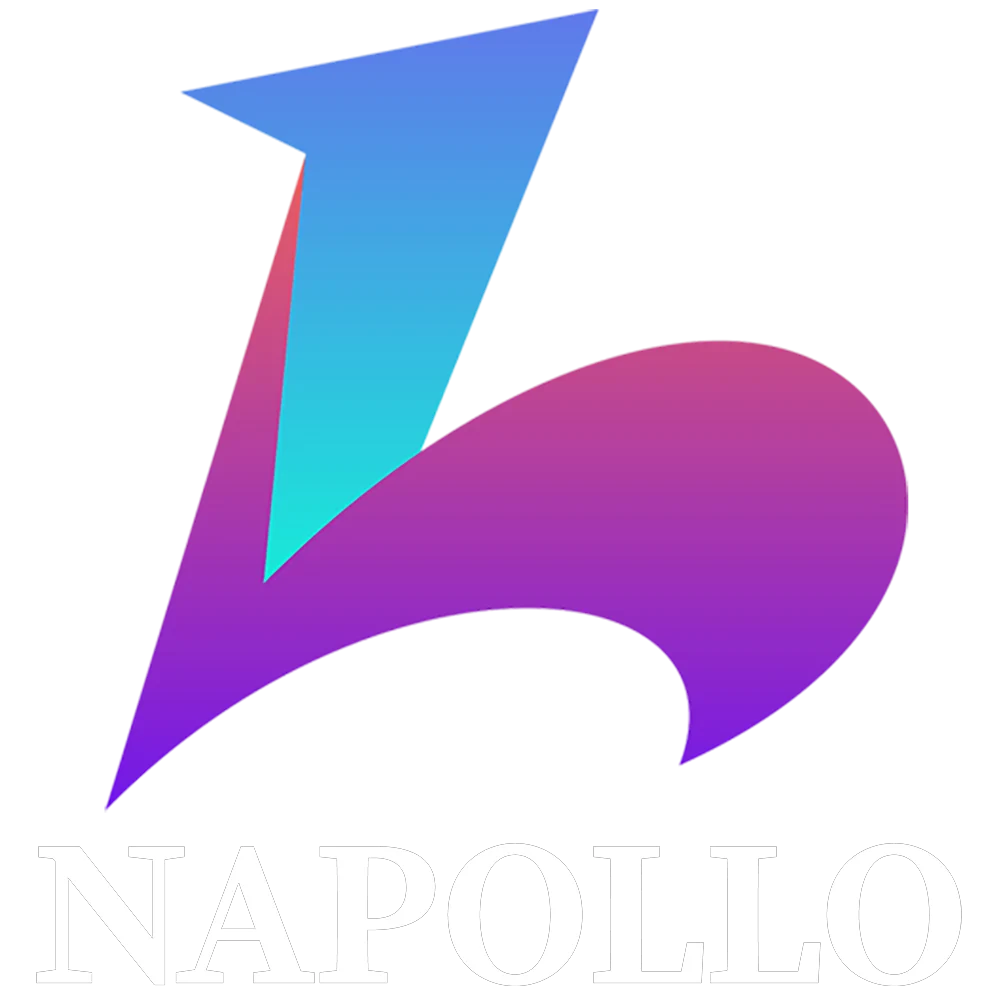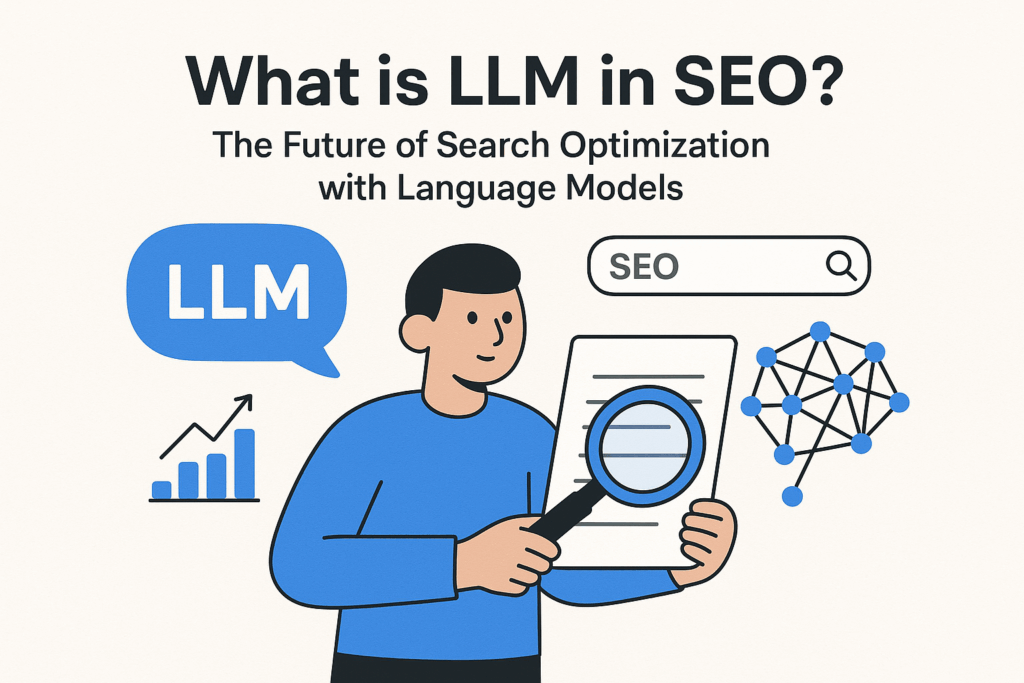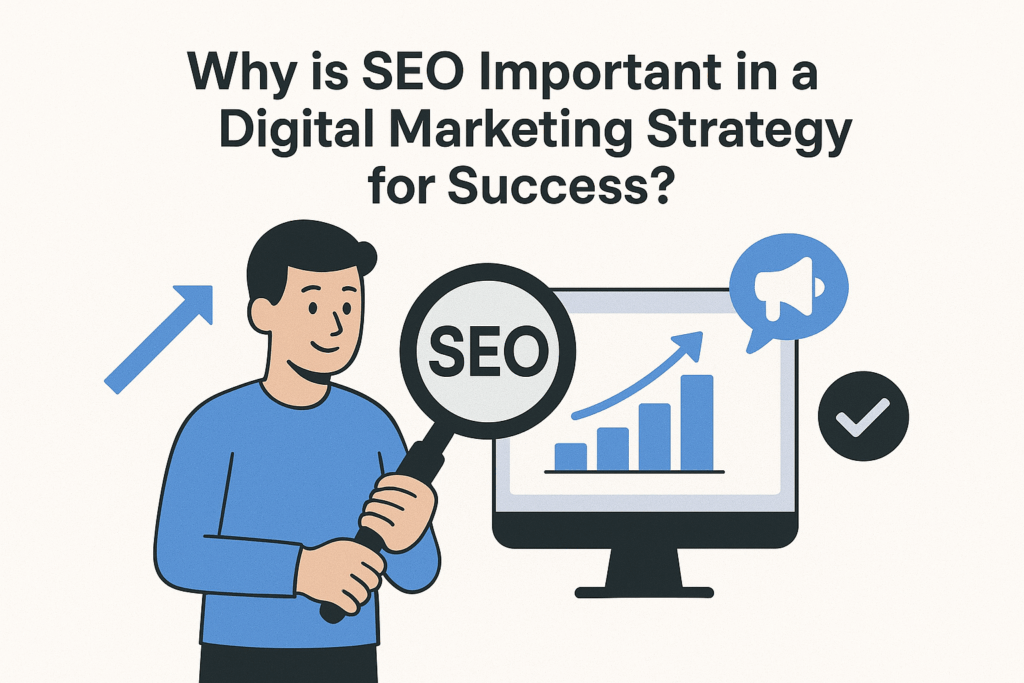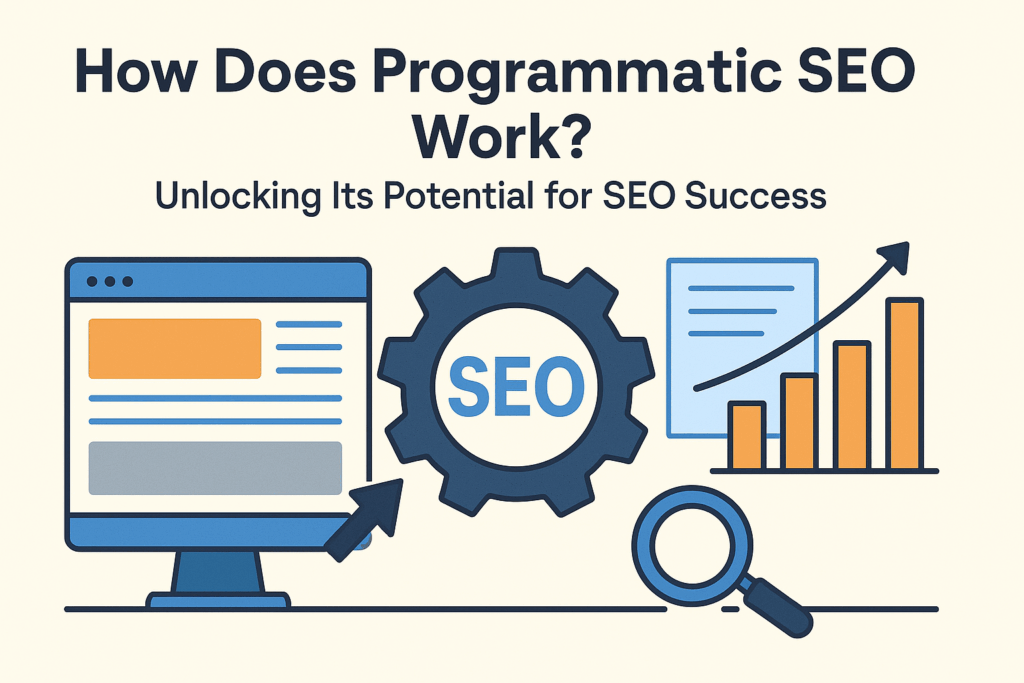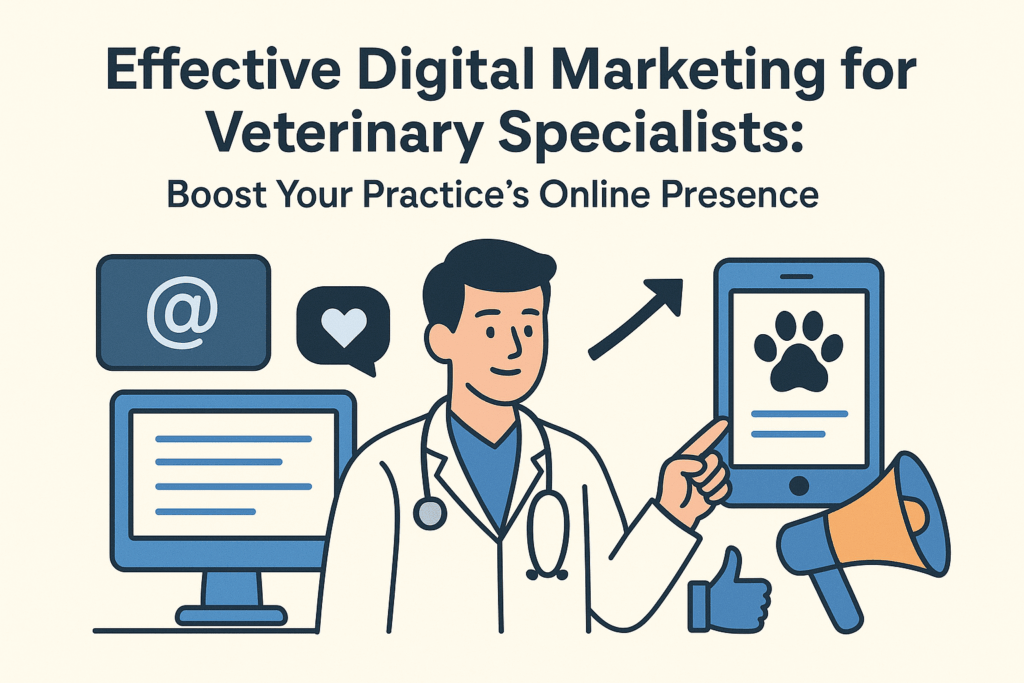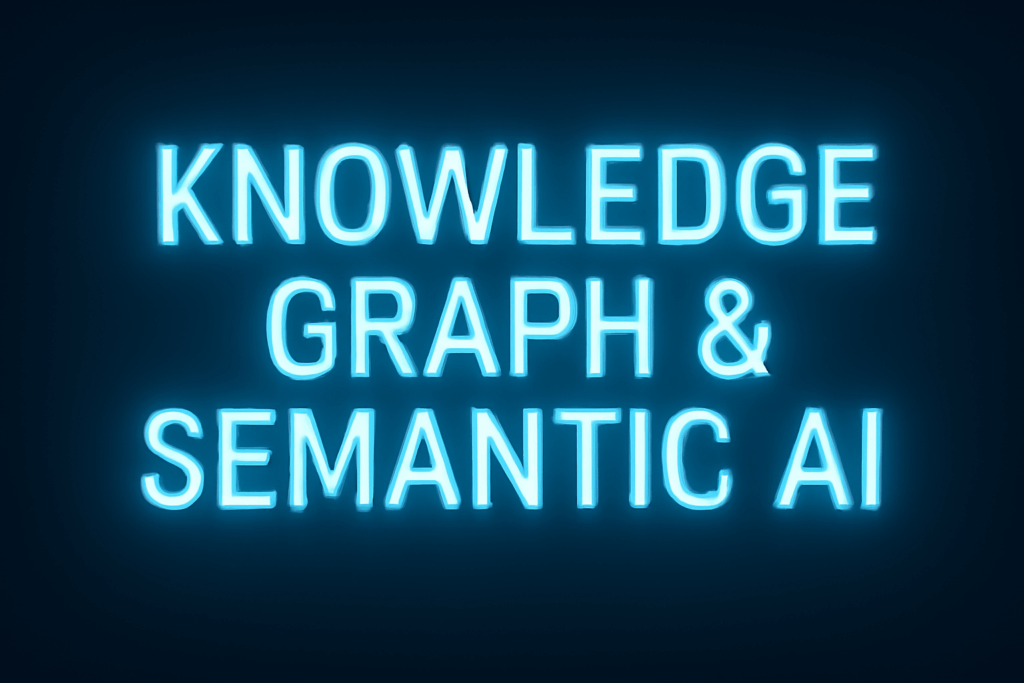Contents
- 1 What Are Large Language Models (LLMs)?
- 2 The Evolution of SEO and LLMs
- 3 Understanding the Technology Behind LLMs
- 4 How LLMs Enhance Search Optimization
- 5 Key Strategies for Optimizing Content for LLMs
- 6 Practical Examples of LLM in Action for SEO
- 7 The Future of SEO with LLMs
- 8 Challenges and Considerations When Using LLMs for SEO
- 9 Conclusion: Embracing LLM for SEO Growth
- 10 FAQs about LLM in SEO
In the ever-evolving world of digital marketing, SEO has always been about staying ahead of the curve. From the early days of keyword stuffing to the rise of semantic search, SEO professionals have continually adapted to meet the changing demands of search engines and user intent. As the digital landscape continues to evolve, a new frontier in SEO is emerging, driven by Large Language Models (LLMs). But what exactly does LLM in SEO mean, and how is it shaping the future of search optimization?
Imagine this scenario: You’re a digital marketer, juggling multiple campaigns, constantly optimizing your content, and staying on top of Google’s ever-changing algorithms. Now, picture a tool so advanced that it not only generates high-quality, SEO-friendly content but also predicts user intent and optimizes for it in real-time. That’s where LLMs, like ChatGPT, Google Gemini, and other AI-powered systems, step in. In this blog, we’ll explore how LLM SEO is revolutionizing search optimization and what it means for businesses striving to remain competitive in 2025 and beyond.
What Are Large Language Models (LLMs)?
Large Language Models (LLMs) are a type of Generative AI designed to understand, generate, and optimize human-like text. Trained on vast datasets, LLMs, like ChatGPT and Google Gemini, can mimic human writing, engage in conversations, and interpret context in ways that were previously unimaginable. In SEO, LLMs help generate content that is not only optimized for search engines but also resonates with human readers by addressing their true needs and search intent.
As businesses seek ways to enhance their SEO strategies, LLM SEO is emerging as a vital tool to streamline content creation, improve content relevance, and boost rankings for long-tail keywords. Unlike traditional SEO methods, which primarily focus on keyword targeting, LLM SEO prioritizes understanding and responding to user intent through semantic search.
The Evolution of SEO and LLMs
The Shift from Keywords to Contextual Search
For years, SEO focused heavily on targeting specific keywords. Marketers would use tools to discover high-volume keywords and then create content that focused on those terms. However, with the rise of LLM SEO, the game has changed. Search engines, powered by AI-powered systems like Google Gemini, are now more concerned with contextual optimization rather than simply matching keywords to search queries.
LLMs are transforming the way search engines interpret and rank content. Instead of merely looking at keywords, they understand the intent behind those keywords, making it possible to rank content that aligns with users’ true needs. This shift has brought about the need for conversational content, semantic search, and long-tail keyword strategies that prioritize user experience and engagement.
Understanding the Technology Behind LLMs
What is Natural Language Processing (NLP)?
At the core of LLM SEO is Natural Language Processing (NLP). NLP is a field of AI and machine learning that enables systems to understand, interpret, and generate human language in a way that is meaningful and useful. It allows LLMs to analyze context, detect sentiment, and provide answers that match the user’s search intent.
For example, when a user types in a question like “How do I fix a leaky faucet?”, an LLM-powered search engine will not just look for pages with the phrase “fix a leaky faucet.” It will analyze the context around that query to provide pages that offer solutions in a step-by-step format or even instructional videos, based on what the user might need.
The Role of Transformers in LLMs
The key technology behind LLMs is the transformer architecture. Transformers allow LLMs to process and understand text in a way that captures the relationship between words and their meanings. This understanding is essential for LLM SEO, as it enables search engines to not only match keywords but also provide semantic results that answer the user’s query with precision.
How LLMs Enhance Search Optimization
Improved Content Relevance and Quality
In traditional SEO, the primary focus was on optimizing content around keywords. SEO professionals would ensure that content was “keyword-rich,” often focusing heavily on the number of times a keyword appeared. However, with the introduction of LLM SEO, the focus has shifted from keyword frequency to creating comprehensive, contextually rich content. LLMs like ChatGPT enable businesses to produce content that answers a query not just at the surface level but with depth, context, and relevance to the user’s true intent.
For example, when you search for a topic like “best practices in content marketing,” LLMs generate content that not only includes relevant semantic keywords but also covers diverse aspects like strategies, tools, and real-world examples. This ensures that the content is engaging, informative, and aligned with what users actually seek, providing a better experience while boosting SEO performance by meeting both user expectations and search engine algorithms.
Semantic Search and User Intent
LLM SEO revolves around optimizing for semantic search, an advanced concept where the goal is to understand the meaning behind a user’s search query rather than matching exact keywords. Traditionally, SEO focused on keyword matches, but today’s search engines, powered by LLMs like Google Gemini or ChatGPT, analyze the context and intent behind the search. For instance, if someone searches for “best waterproof flooring for kitchen,” a traditional search engine would simply return results containing that exact phrase.
However, an LLM-powered system understands that the user is likely looking for water-resistant flooring options or top-rated materials for kitchen floors, even if those exact words aren’t in the search query. By focusing on semantic search and user intent, LLMs provide more relevant and varied results, making content more comprehensive and user-friendly. This ensures that users get answers that go beyond the literal search, improving engagement and helping businesses rank higher for more meaningful queries.
Key Strategies for Optimizing Content for LLMs
Focus on Conversational and Contextual Content
One of the core components of LLM SEO is the creation of conversational content that directly addresses user queries. Rather than simply using long-tail keywords, SEO professionals are now crafting content that mimics natural conversations. This means answering questions in a way that feels like a dialogue between the user and the website, which is more engaging and aligns with how LLM-powered systems work.
Emphasizing Semantic and Natural Language Keywords
The era of focusing solely on exact-match keywords is over. With LLM SEO, you need to think in terms of semantic and natural language keywords, words and phrases that resonate with the user’s intent. For example, instead of just targeting “SEO tools,” you might target “best tools for improving SEO ranking,” which is a more natural, conversational approach.
Implementing Structured Data & Schema Markup
To enhance content for LLMs, implementing structured data and schema markup is crucial. By adding these elements to your content, search engines can better understand the context and structure of your pages, helping them to rank more accurately for featured snippets or zero-click searches.
Practical Examples of LLM in Action for SEO
LLM-driven Content Creation
Imagine a business that needs a series of blogs written about their services. Instead of manually crafting each blog, an LLM-powered content generation tool like ChatGPT can generate multiple blog posts, each optimized for different aspects of the business. These posts would not only be SEO-friendly but also tailored to match user intent and provide in-depth answers.
LLMs for Automated Content Recommendations
Another example of LLM in action is automated content recommendations. When users read a blog post, an AI-powered system can recommend related articles or products based on the user’s behavior, improving engagement and increasing page views.
The Future of SEO with LLMs
What to Expect from LLM in SEO in 2025 and Beyond
Looking ahead, LLM SEO will continue to evolve as AI-driven search platforms become even more integrated into the way users interact with search engines. This means more personalized, context-aware search results that will change how businesses approach SEO. Expect LLMO (Large Language Model Optimization) and GEO (Generative Engine Optimization) to play a larger role in how websites rank.
How Local SEO Will Be Affected by LLM
As LLM SEO becomes increasingly widespread, local SEO will benefit from more accurate, context-driven results. LLMs will enable search engines to better understand local intent and deliver hyper-relevant, personalized responses. With the rise of zero-click searches, where answers appear directly on search pages, local businesses must optimize their content to provide conversational, concise responses that directly address users’ needs, ensuring better visibility and engagement in local search results.
Challenges and Considerations When Using LLMs for SEO
Overcoming LLM Limitations in Search Optimization
LLM-powered SEO offers immense potential, but there are challenges to address. LLMs can struggle with interpreting nuances in language, leading to content misinterpretation. For example, cultural context, slang, or complex expressions may be misunderstood. To overcome this, SEO professionals must combine LLM SEO with human oversight. Ensuring content accuracy and alignment with the brand’s voice is crucial for maintaining quality. A hybrid approach, where AI supports and augments human creativity, can optimize SEO strategies while reducing these limitations.
How to Leverage LLMs Without Over-Reliance
While LLMs enhance SEO efficiency, over-reliance on them can hinder creativity. They are excellent for generating content and improving search optimization but can’t fully replace human input. SEO professionals should use LLMs as tools to complement traditional SEO strategies rather than replace them. Combining AI-driven search platforms with human creativity ensures content is optimized for both search engines and audiences. This balance helps maintain authenticity, creativity, and relevance, ensuring long-term success without compromising content quality or brand consistency.
Conclusion: Embracing LLM for SEO Growth
The future of SEO lies in embracing LLM SEO and the powerful AI-powered systems that drive it. By leveraging the capabilities of LLMs like ChatGPT and Google Gemini, businesses can create more relevant, engaging, and optimized content. This approach focuses on enhancing user experience, improving content quality, and staying ahead of the competition in an ever-evolving digital landscape.
Businesses can unlock the full potential of LLM SEO by integrating cutting-edge AI-driven solutions tailored to each client’s unique needs. Our team understands how to strategically implement LLM SEO to not only boost rankings but also ensure sustained growth and visibility in the digital marketplace. As we look toward 2025 and beyond, those who adapt and integrate LLM SEO will have a clear competitive advantage in the world of search optimization and Napollo is here to guide you every step of the way.
FAQs about LLM in SEO
1. Which LLM is best for SEO?
The best LLM for SEO depends on the use case. GPT-4 and Google Gemini are leading models for content generation, user intent prediction, and SEO optimization. They help enhance content relevance and improve search rankings by understanding context.
2. What is LLM in search?
LLM in search refers to using Large Language Models (LLMs) to enhance search engines’ ability to understand user queries, analyze intent, and deliver more relevant, contextually accurate results. It allows for more conversational, human-like search experiences.
3. What is the difference between LLM search and SEO?
LLM search focuses on improving search engines’ ability to interpret and respond to queries using AI models. SEO, on the other hand, is about optimizing websites for search engines, leveraging techniques like keyword targeting and content structure for better ranking.
4. What’s new in SEO with LLM?
LLMs have transformed SEO by emphasizing semantic search, user intent, and conversational content. SEO strategies now focus on creating high-quality, comprehensive content optimized for AI systems like Google Gemini and ChatGPT, which deliver more relevant results.
5. What is a Google LLM?
A Google LLM refers to Google’s proprietary Large Language Models, such as Google Gemini. These models use advanced AI and natural language processing (NLP) techniques to improve search results, making them more accurate, context-aware, and user-focused.


